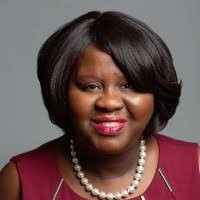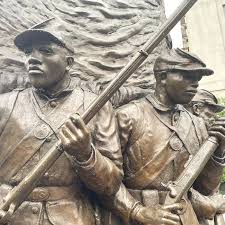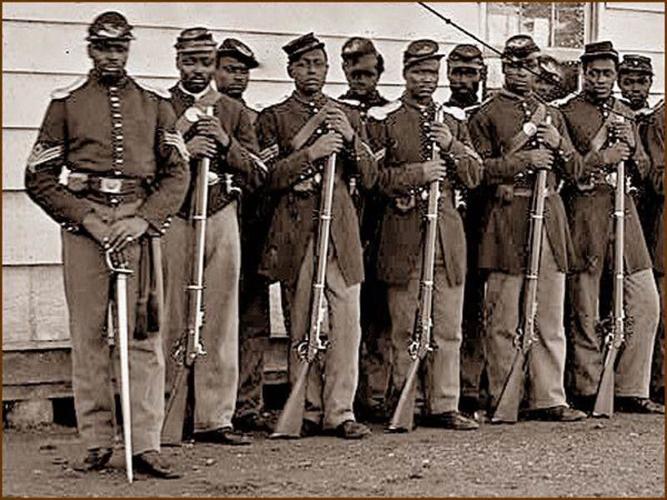Juneteenth and the U.S. Colored Troops
By Vanessa M. Wilson*

Rev. Vanessa M. Wilson
When I was growing up, family gatherings were times for storytelling. I enjoyed hearing about life in rural North Carolina and southern Methodism. But no family gathering was complete until someone told the story of Shedrick White, my great grandfather, who fought with the 38th U.S. Colored Infantry.
We were told of grueling conditions, unbearable heat and the extremely large snakes the Black soldiers encountered as they marched to Galveston, Texas, as the Civil War was ending in 1865. They endured with tenacity and courage to fight for the liberation of those still enslaved in Texas, two years after President Abraham Lincoln’s Emancipation Proclamation mandated their freedom.
This was a soldier’s perspective on what would become Juneteenth. At the end of the war, many white soldiers were discharged from military service, but Black soldiers continued to serve. Initially, Black people were not allowed to become soldiers in the Union Army. However, due to the pressing need for more soldiers, the Bureau of Colored Troops was established on May 22, 1863, to recruit Black soldiers.
Some of the recruits were free people who enlisted at great risk. The soldiers were subjected to racism from white commanding officers and hatred from the enemy.
A belief in God, a desire for justice
Shedrick enlisted at age 22, propelled by his belief in God and his desire for justice. After the war, he returned to his loving wife Nelly and their family. Eventually, they settled in Roper, North Carolina.
 I was older when I understood the significance of his story for US history and the importance of faith in our family. Eager to learn more about this period and my family, my research continued. I learned about my great- great grandfather Peter Downing, who also fought in the Civil War. He served in the 36th U.S. Colored Infantry. He lived on the Roanoke Island Freedmen’s Colony, in North Carolina, when he enlisted at age 41.
I was older when I understood the significance of his story for US history and the importance of faith in our family. Eager to learn more about this period and my family, my research continued. I learned about my great- great grandfather Peter Downing, who also fought in the Civil War. He served in the 36th U.S. Colored Infantry. He lived on the Roanoke Island Freedmen’s Colony, in North Carolina, when he enlisted at age 41.
Wounded in action at Deep Bottom, Virginia, Peter arm was amputated at Summit House General Hospital in Philadelphia. He eventually received a disability discharge. After President Lincoln’s death, the Freedmen’s Colony was disbanded. Peter then moved to Roper, NC, where he, his wife Permelia and others would eventually start a Methodist Church.
Like Shedrick, Peter had faith in God and believed his military service was a fight against evil. Two men, one young and the other older, one a laborer and the other a farmer, one free and the other formerly enslaved. Both had unrelenting faith in God and the desire to liberate Black people and serve their nation. They represent the diversity of Black people who fought in the Civil War for the betterment of the United States.
At the end of the war, President Lincoln said, “Without the military help of the black freedmen, the war against the South could not have been won.”[1] When we celebrate Juneteenth, let us take time to remember the U.S. Colored Troops, their commitment to fight for freedom for themselves and others, and their faith in God.
*The Rev. Vanessa M. Wilson (JD), a GNJ pastor since 2013, leads Church of the Good Shepherd UMC in Willingboro, NJ. She was ordained Elder at the 2024 Greater New Jersey Annual Conference and formerly chaired GNJ’s Commission on Religion and Race. This article was first published in By Faith magazine in May-June 2024.
[1] Lincoln’s proclamation to establish a “Bureau of Colored Troops”.

